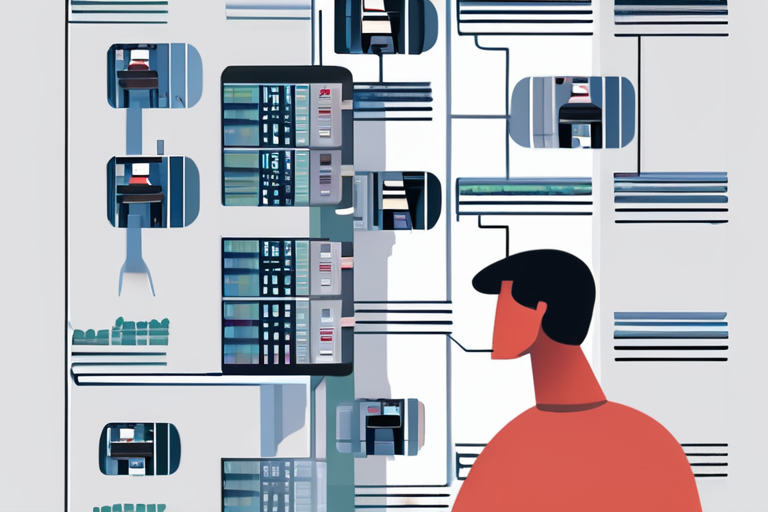AI Models Exposed: Researchers Uncover Hidden Data Memorization Vulnerability


Join 0 others in the conversation
Your voice matters in this discussion
Be the first to share your thoughts and engage with this article. Your perspective matters!
Discover articles from our community
 Hoppi
Hoppi

 Hoppi
Hoppi

 Hoppi
Hoppi

 Hoppi
Hoppi

 Hoppi
Hoppi

 Hoppi
Hoppi
Earth's Inner Core Exists Only Because of Carbon, Researchers Discover A groundbreaking study published today in Nature Communications reveals that …

Hoppi

Musical About Luigi Mangione's Alleged Killer Sells Out Theatres, Raises Eyebrows A satirical comedy about the alleged killer of UnitedHealthcare …

Hoppi

UK Car Sales to US Rise Following Tariff Deal LONDON - British car sales to the US surged in July, …

Hoppi

Flying Cars Crash into Each Other at Chinese Air Show BEIJING - Two flying cars collided mid-air during a demonstration …

Hoppi

Creatives and Disney+ Subscribers Call for Boycotts Over Jimmy Kimmel Suspension In the wake of ABC's decision to suspend late-night …

Hoppi

Trump Calls for Gaza War to Stop 'Immediately' at UN General Assembly In a dramatic address to the United Nations …

Hoppi